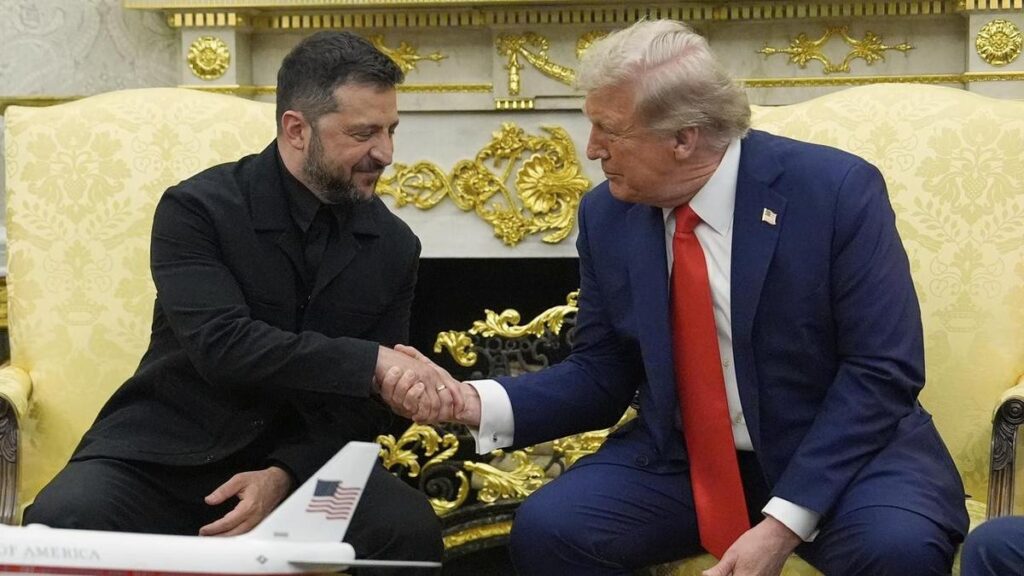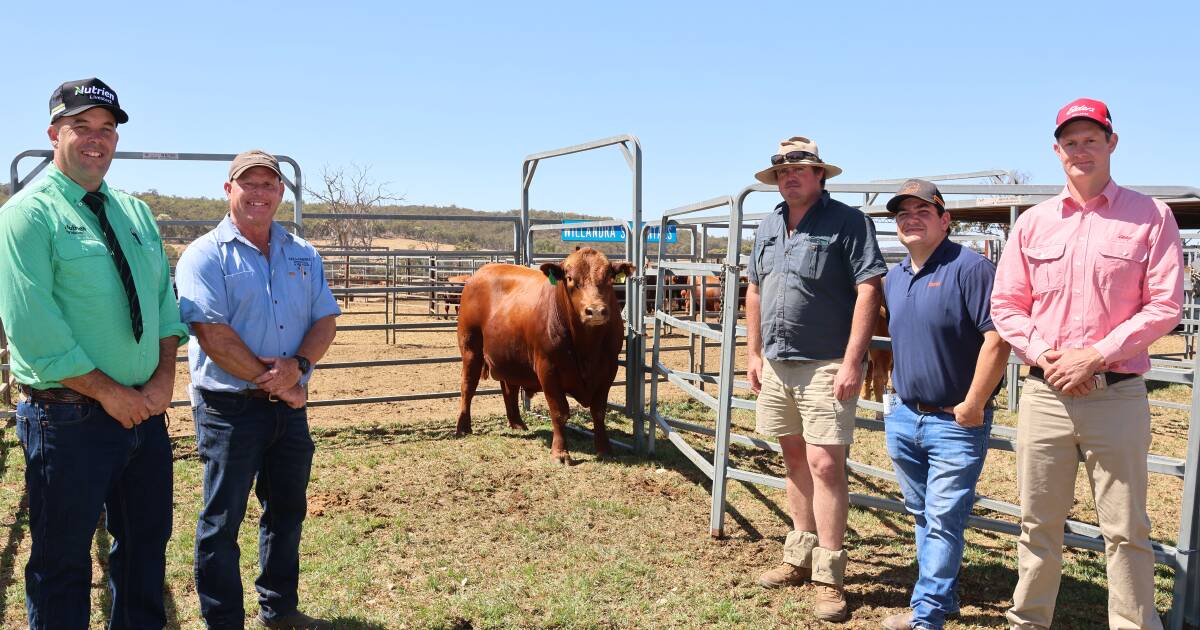
UPDATE: In a significant development, Ukrainian President Volodymyr Zelenskiy and European allies are rallying around Donald Trump’s recent promise of security guarantees aimed at ending the ongoing war in Ukraine. This critical summit at the White House marks a potential turning point in a conflict that has claimed over 1 million lives and left many unanswered questions about Russia’s intentions.
During the extraordinary meeting on August 28, 2023, Zelenskiy described the discussions as a “major step forward,” hinting at the possibility of a trilateral meeting with Vladimir Putin and Trump in the near future. This is a stark contrast to their previously tense interactions, particularly their failed meeting in February. The presence of leaders from Germany, France, and Britain underscores the urgency and collective interest in stabilizing the region.
However, the path to lasting peace remains fraught with uncertainty. Zelenskiy may have to make difficult compromises as fighting continues unabated. Just hours after the summit, Russia launched its largest attack in August, deploying 270 drones and 10 missiles targeting energy facilities in the central Poltava region, igniting significant fires.
Zelenskiy announced that his officials are actively drafting the content of the proposed security guarantees, though details remain vague. Russian Foreign Minister Sergei Lavrov stated that while Moscow does not reject discussions about the peace process, any meeting of national leaders must be meticulously prepared. Putin has reiterated that Russian tolerance for NATO troops on Ukrainian soil is nonexistent, complicating the dialogue further.
Trump has yet to clarify what form these US security guarantees might take, having softened his stance on preconditions for negotiations, including a ceasefire. He has urged Ukraine to abandon hopes of regaining Crimea, which was annexed by Russia in 2014, and joining NATO.
Former Russian President Dmitry Medvedev criticized Zelenskiy, suggesting he has “failed to outplay” Trump, while German Foreign Minister Johann Wadephul emphasized the need for intensified sanctions if Putin fails to engage in negotiations.
Today, allies will convene under the “Coalition of the Willing” framework to strategize their next steps. Notably, NATO Secretary-General Mark Rutte confirmed that NATO membership for Ukraine is off the table at this time, but discussions around “Article 5”-type security guarantees—where an attack on one member is considered an attack on all—are ongoing.
As tensions rise and the humanitarian impact of the conflict deepens, the international community watches closely. The urgency for a resolution has never been more critical, with millions of lives hanging in the balance as both sides prepare for the next phase of negotiations.
Stay tuned for more updates as this story develops.






